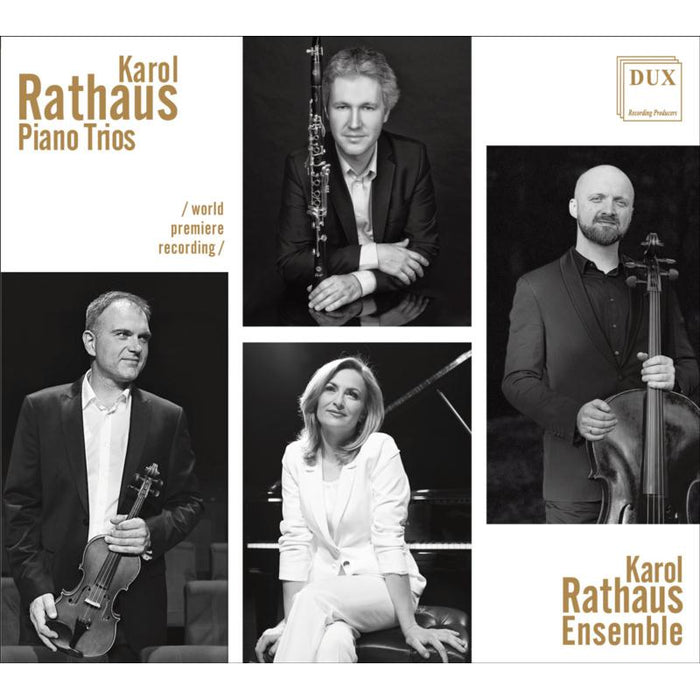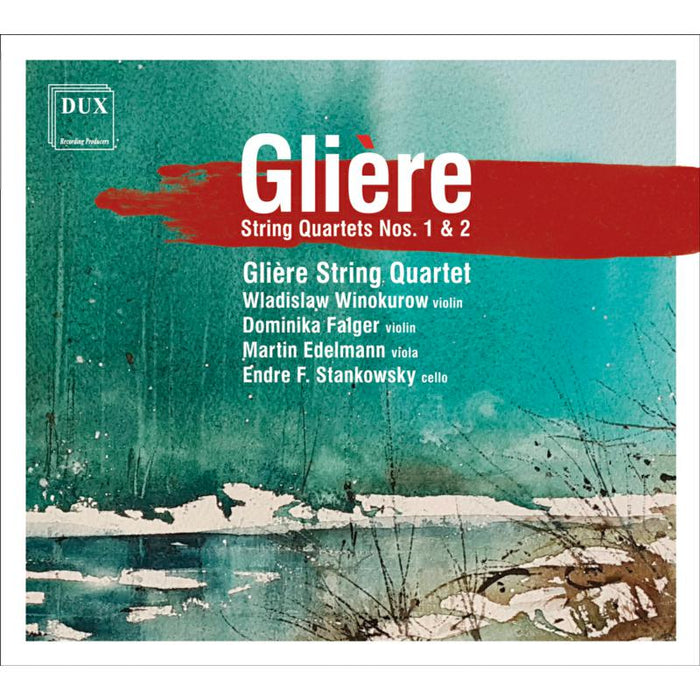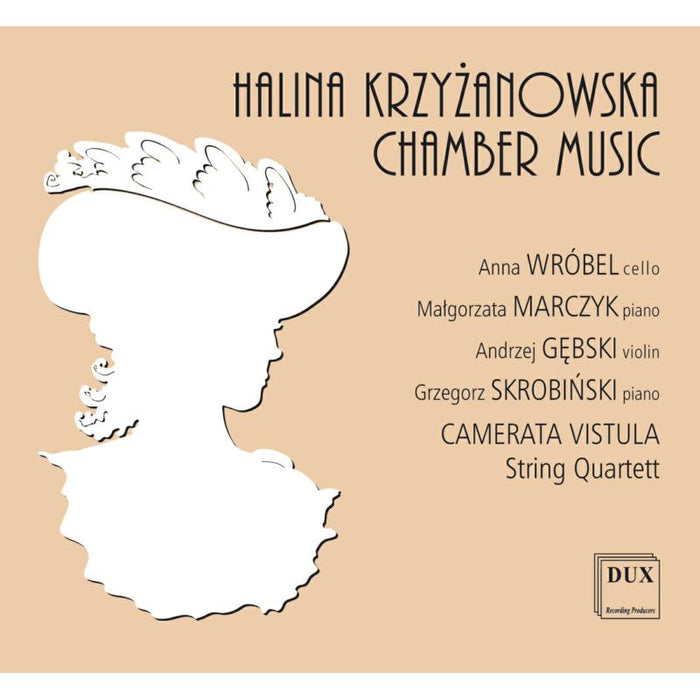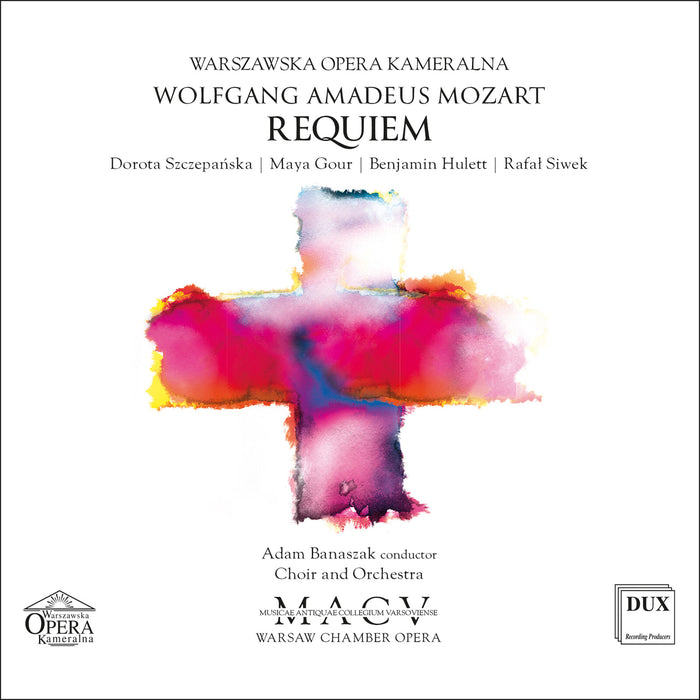Description
One of the first 'large-format' works by Felix Nowowiejski was the oratorio Die Heimkehr des Verlorenen Sohnes, marked in the catalogue of the Polish composer's pieces as opus 3. Although the biblical theme of the prodigal son had been taken up relatively soon before Nowowiejski by, for example, Amilcare Ponchielli in his opera Il figliuol prodigo (1880), it does not seem that the above score constituted a point of reference for the Polish composer.
It is more likely – but only at the libretto level – that Nowowiejski's work could have been influenced by the 'lyrical scene' L'enfant prodigue (1884) by Claude Debussy, recognized with the famous Prix de Rome. 12 It is also worth remembering that over a quarter of a century after Nowowiejski, a competitive oratorio by Henryk Opienski was created in Poland, entitled Powrot syna marnotrawnego (1929–1930), and in France – the cantata Le retour de l'enfant prodigue (1929) by Darius Milhaud. Nowowiejski's compositional language is characterized not only by genre diversity and excellent mastery of technique, but above all by lush melodic invention and panache in shaping the form. He was not an innovator, remaining in the style of Late Romanticism, although in the cycles of songs for voice and piano written in the 1930s (e.g. Roze dla Safo [Roses for Sappho] to poetry by Maria Pawlikowska-Jasnorzewska) he obtained musical expression through a bold and very interesting selection of harmonic means. Despite the fact that critics of the time accused Nowowiejski's music of academicism, lack of authenticity and routine nature, his compositions gained great popularity and recognition among listeners, and the Praetorian's
"Piotr Sulkowski's reading is unfussy and direct, tapping in quite rightly to the work's quasi-operatic writing. Fine solo and choral singing complete the line-up on this recording, which fills an important gap in our knowledge of Polish classical music at the beginning of the last century." – Choir & Organ








